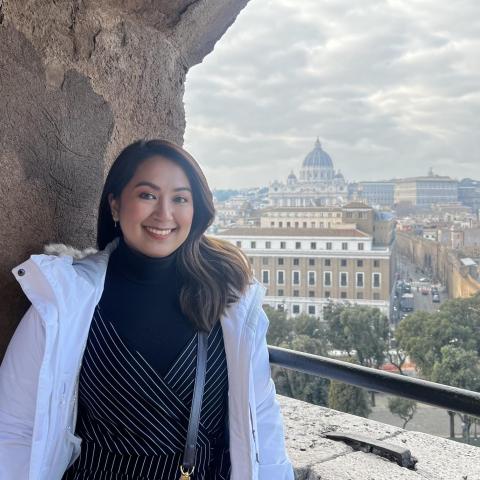The Smithsonian Appoints Bill Banfield as Research Associate
William Banfield has been appointed a research associate with the Smithsonian Center for Folklife and Cultural Heritage.
Image by Kelly Davidson
William Banfield, a professor in the Liberal Arts Department and director of Africana Studies at Berklee, has been appointed a research associate with the Smithsonian Center for Folklife and Cultural Heritage (CFCH), one of the Smithsonian’s 12 research and cultural centers. His tenure extends through July 31, 2021. Banfield’s work will focus on what he identifies as cultural through-lines, delineating the ways in which contemporary artistry and new works harken back and hold onto critical cultural linkages to understand tradition in the 21st century.
“We are thrilled to have Dr. Banfield on board as a research associate at the Center for Folklife and Cultural Heritage because of his trailblazing, innovative work,” said Greg Adams, assistant archivist in the center’s Ralph Rinzler Folklife Archives and Collections. “His pursuits with cultural through-lines will illuminate the ways in which popular and local traditions intersect with one another, where modern artistry, historical research, intercultural awareness, and critical engagement form the bedrock of sustainable programming and growth.”
Eric Woodward, Smithsonian Director of Fellowships and Internships, added, “In accepting the appointment at the Smithsonian, Dr. Banfield will have the opportunity for learning, study, and research through our unparalleled collections, experts, and facilities.”
The Smithsonian is the world’s largest museum, education, and research complex, with approximately 154 million artifacts, dedicated to public education, national service, and scholarship in art, design, science, technology, history, and culture. The Center for Folklife and Cultural Heritage is the educational unit of the Smithsonian. It produces the Smithsonian Folklife Festival, Smithsonian Folkways Recordings, exhibitions, documentary films and videos, publications, and educational materials, and is home to the Ralph Rinzler Folklife Archives and Collections. Its philosophy is to join high-quality scholarship with strong community participation and engaging educational outreach. Its activities have affected cultural heritage policies and practices at local, national, and international levels. Its programs and products have earned serious scholarly review, popular acclaim, broad media attention, and professional recognition.
“This link to the Smithsonian provides our students with a range of educational experiences and opportunities, more so than just another performance outlet, but a deepening of the ways we can connect to the culture of humanities studies,” said Banfield. “The institutional sharing between Berklee and the Smithsonian will be equally rich, with many mutually satisfactory results like Smithsonian/Berklee campus exchanges, concerts, tours, and exhibitions. My entire academic life has been working with an eye toward being invited to work as an elder appointed scholar at the Smithsonian.”
A composer, jazz guitarist, and recording artist, Banfield has written works that have been commissioned by several leading orchestras, recorded by prominent labels, and performed by luminaries such as Bobby McFerrin, Delfeayo Marsalis, Regina Carter, Billy Childs, and Nneena Freelon, among others. Banfield served as a W.E.B. Du Bois Fellow at Harvard in 2002 and was invited by Toni Morrison to serve as a visiting Princeton Atelier artist in 2003. Banfield has also hosted several National Public Radio/Minnesota Public Radio shows, including his own show, Essays of Note. His work has been recognized by the National Endowment for the Humanities and the National Endowment for the Arts, among many others.
He is the author of several books, including Cultural Codes: Makings of a Black Music Philosophy, Black Notes: Essays of a Musician Writing in a Post-Album Age, and Landscapes In Color: Conversations with Black American Composers. Banfield received his undergraduate degree from the New England Conservatory of Music, a master's degree in theology from Boston University, and his Doctor of Musical Arts in composition from the University of Michigan.



